News
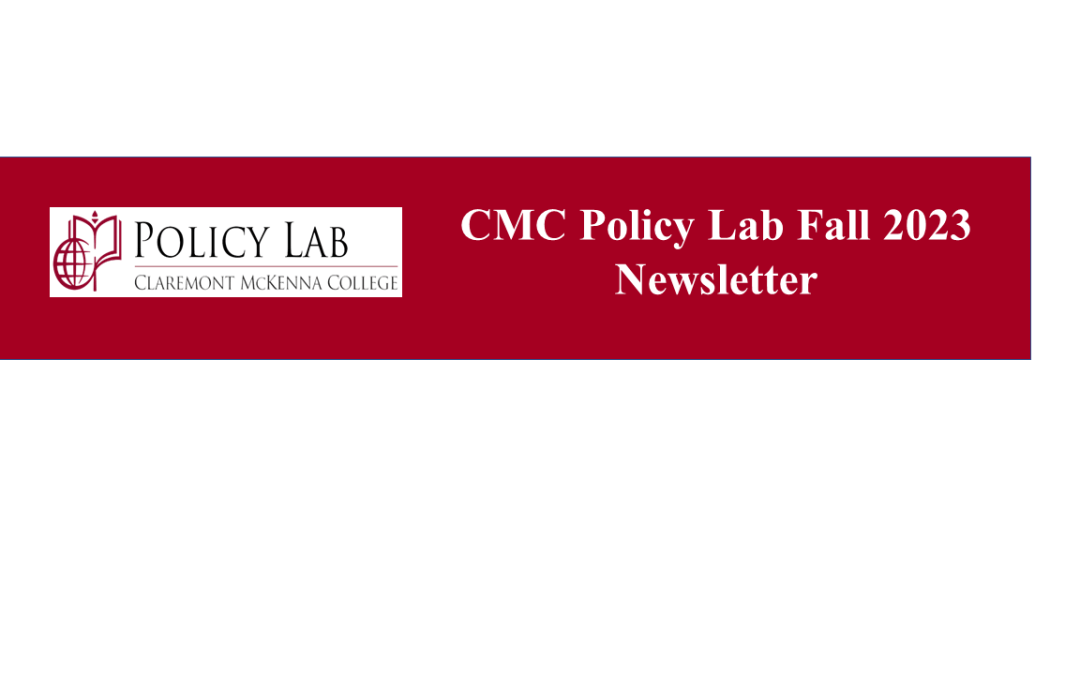
CMC Policy Lab Fall 2023 Newsletter
A Message from Policy Lab Directors, Professor Zachary Courser and Professor Eric Helland This semester the Policy Lab worked with the RAND Institute for Civil Justice and the Los Angeles Superior Courts to collect and analyze data on debt collection cases in filed in...
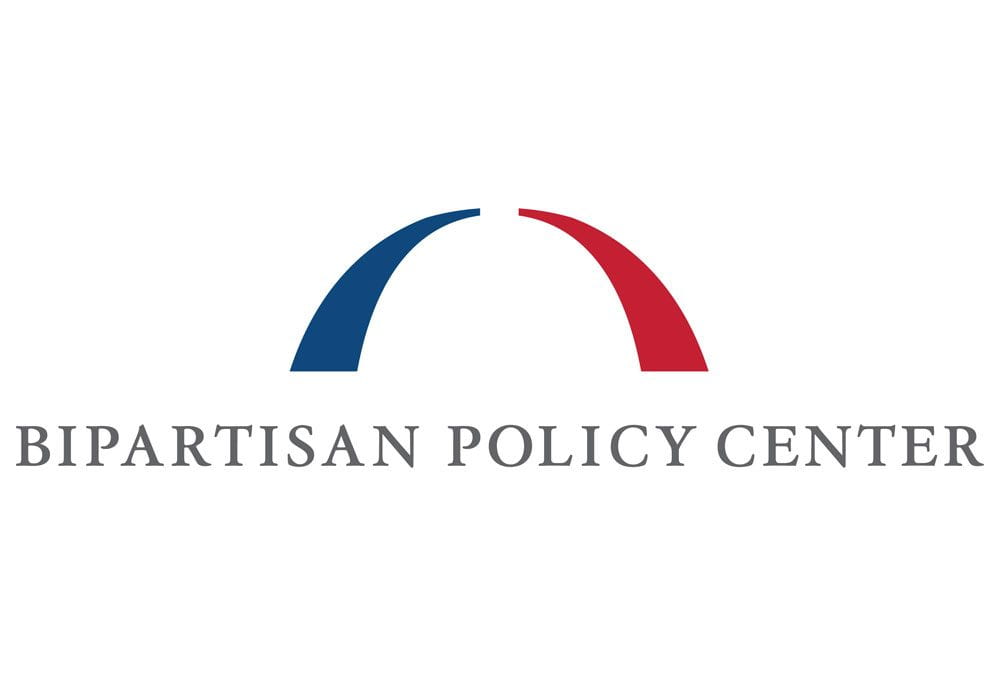
Power of the Purse: Restoring Congress’s Directed Spending Authority
Power of the Purse: Restoring Congress’s Directed Spending Authority Monday, December 12, 2022 at 10 AM EST | VIEW View the slide deck here. Article I of the Constitution provides that Congress has primary authority to determine federal spending priorities: “No...
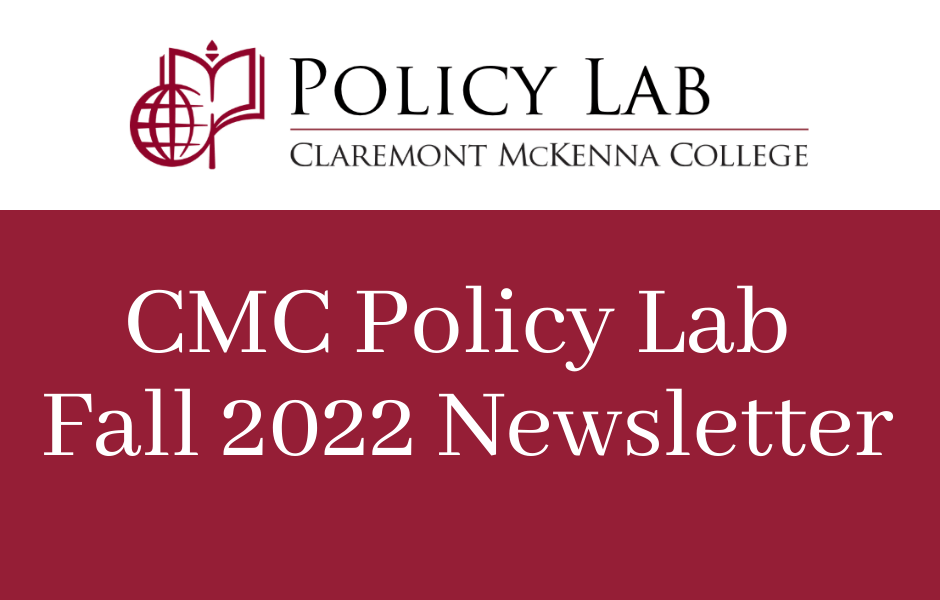
CMC Policy Lab Fall 2022 Newsletter
A Message from Policy Lab Directors, Professor Zachary Courser and Professor Eric Helland Dear Policy Lab alumni, friends, and supporters: Welcome to the second edition of the Policy Lab e-newsletter! We are thrilled to be back on campus for another stimulating...

Pork Barrel Politics in Comparative Perspective
Pork Barrel Politics in Comparative Perspective Tuesday, Sep 13 at 11 a.m. ET | VIEW This panel will bring Brazilian and American scholars together to explore how pork-barrel politics plays into political representation in the these countries’ governments. Are...
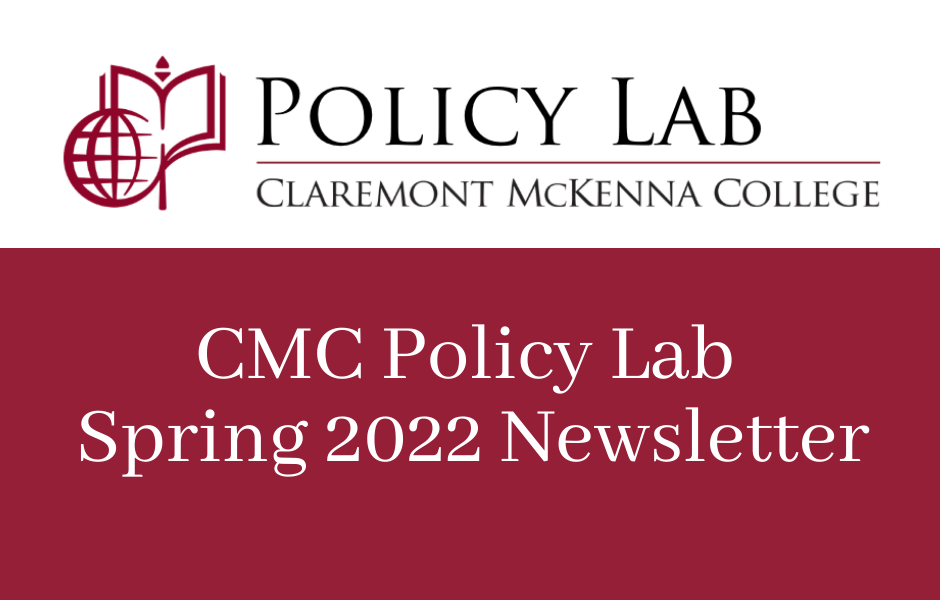
CMC Policy Lab Spring 2022 Newsletter
A Message from Policy Lab Directors, Professor Zachary Courser and Professor Eric Helland Dear Policy Lab alumni, friends, and supporters: Welcome to the Policy Lab’s inaugural newsletter! We are excited to announce the launch of our new, semiannual...
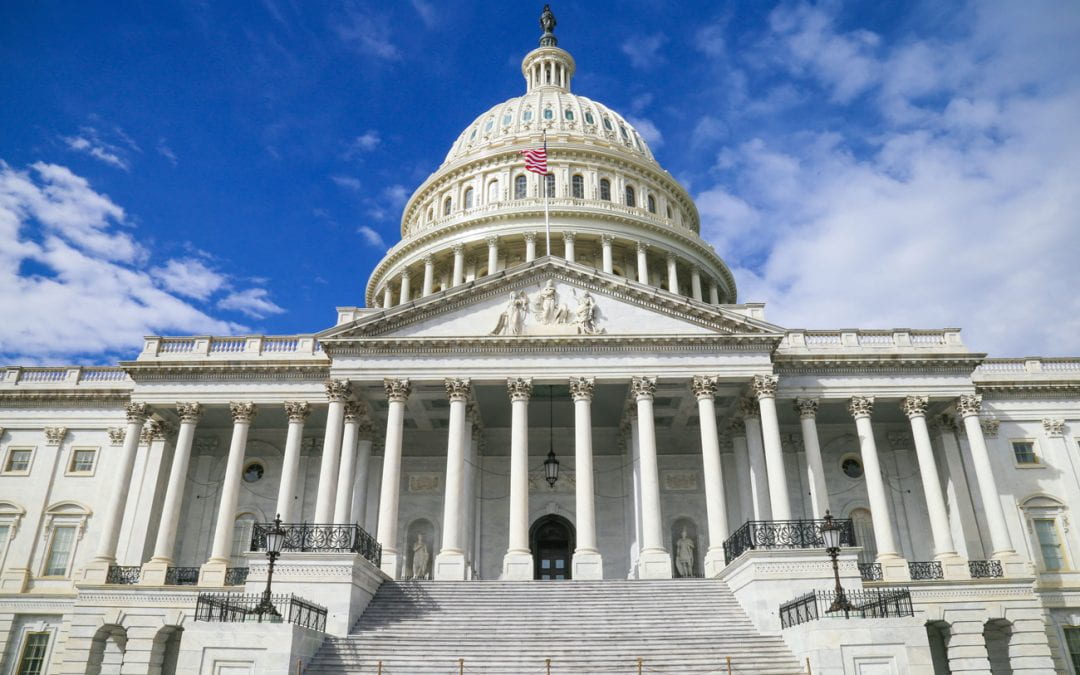
Senate congressionally directed spending requests reflect partisan divide | AEIdeas Blog
We examined the House of Representative’s reinstitution of member-directed spending, more commonly known as “earmarks,” in a recent post. Earlier this month, the Senate Appropriations Committee released its own list of member requests. The Senate, like the House, has done an excellent job of increasing the transparency of the process, making detailed information on requests available to the public in a timely manner.
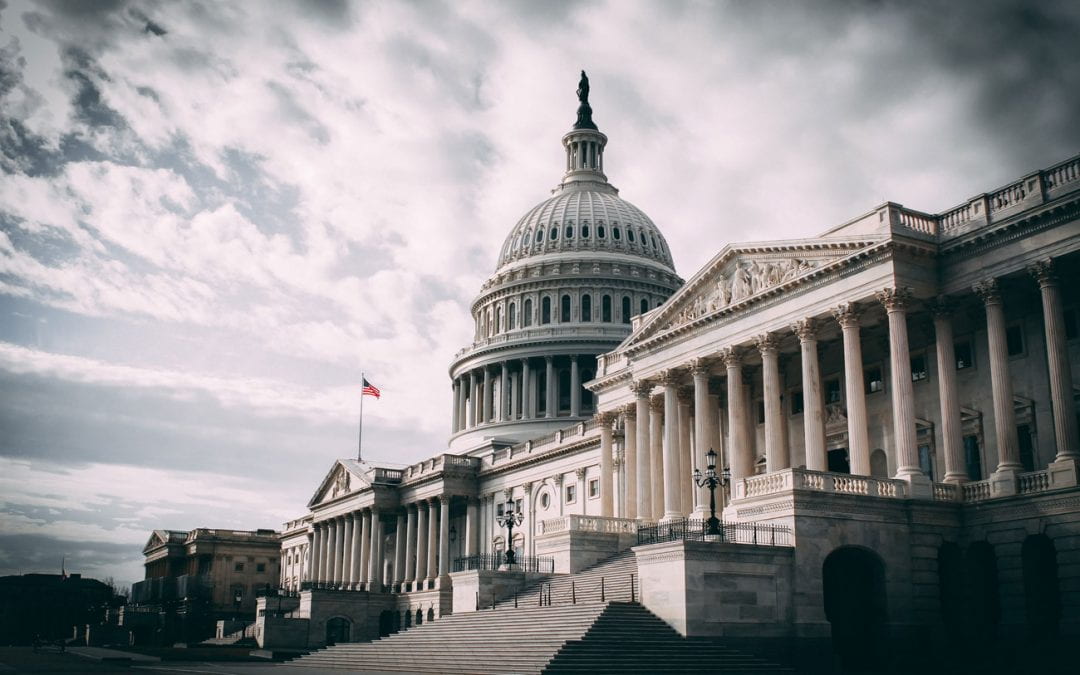
House earmarks requests: Why, what, and who? | AEIdeas Blog
This year, after a 10-year moratorium, the majority leadership in the House of Representatives reinstituted the ability of members to submit federal funding requests for projects in their districts. More commonly known as “earmarks,” requests for local, regional, or state funding have existed since the first Congress.
They have returned, along with some major modifications that have increased transparency and placed limits on spending. Now called “Community Project Funding” by the Appropriations Committee, and “Member Designated Projects” in the Transportation Committee, 345 congressmembers submitted 5,402 requests for a combined $22 billion in funding for FY2022.

State Election Emergencies Modifications During the 2020 General Election
Despite Congress’ constitutional power to regulate federal elections, it has repeatedly abstained from doing so. The lack of a policy regarding federal elections meant that states were primarily responsible for managing the effects of the pandemic on the 2020 general election. It was up to individual states to enact statutes, issue rules or emergency orders to deal with the public health risks associated with voting during the pandemic. The variations in their responses to the election emergency caused by the COVID-19 pandemic could have had implications on accessibility, turnout, and the perceived legitimacy of the election. To understand this relationship, we to catalog the measures states took in 2020 in preparation for the general election, and draw conclusions as to their effects on vote access. We also determine how or whether a federal government policy on disrupted elections could have aided states in responding to the elections emergency caused by the pandemic.

The Future of the Republican Party: A Conversation
...
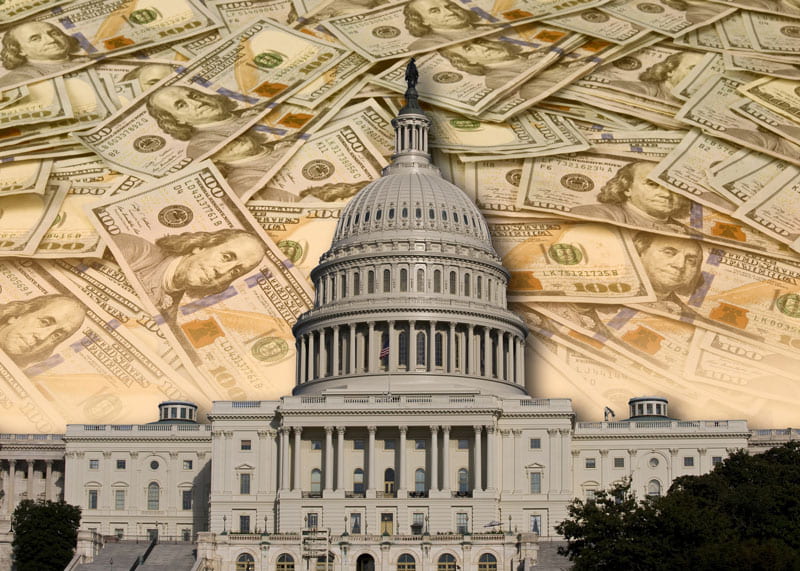
Does Congress Still Control the Power of the Purse?
The American Enterprise Institute and the CMC Salvatori Center hosted a panel of experts to assess whether Congress can regain control over the nation’s finances and thus fortify representative government. Policy Lab Director Zachary Courser, co-author of the AEI report “Restoring the power of the purse: Earmarks and re-empowering legislators to deliver local benefits,” discussed how the 2011 abolition of earmarking did little to control spending and effectively transferred to the executive branch the power to direct funds. The imminent return of earmarks could increase bipartisanship while tangibly benefitting legislators’ districts.

AEI | Policy Lab Research Report Restoring the Power of the Purse – Earmarks and Re-empowering Legislators to Deliver Local Benefits
In recent years, various senators and representatives have discussed lifting Congress’ earmark moratorium. The practice of earmarking—or allowing legislators to direct federal benefits in the forms of spending, tax, or tariffs to their home districts and states—is as...

Modernizing Congress: A conversation with former Reps. Brian Baird (D-WA) and Tom Graves (R-GA) moderated by Zachary Courser
The American Enterprise Institute and the CMC Salvatori Center hosted a panel of experts to assess whether Congress can regain control over the nation’s finances and thus fortify representative government. Policy Lab Director Zachary Courser, co-author of the AEI report “Restoring the power of the purse: Earmarks and re-empowering legislators to deliver local benefits,” discussed how the 2011 abolition of earmarking did little to control spending and effectively transferred to the executive branch the power to direct funds. The imminent return of earmarks could increase bipartisanship while tangibly benefitting legislators’ districts.

Election Night Preview Panel Discussion with CMC’s Zachary Courser, Jack Pitney, and Andrew Sinclair and Sara Sadhwani of Pomona College
CMC’s Zachary Courser, Jack Pitney, and Andrew Sinclair, all professors in the government department, are joined by Sara Sadhwani, professor of politics at Pomona College, to look ahead at the results of the 2020 general election. The panel offered insights and analysis on the presidential race, as well as on other important election battles around the country.

RAND Opioid Litigation Conference featuring Policy Lab Co-Director Eric Helland
Co-Director of the Policy Lab, Eric Helland, moderated a panel discussion at a RAND event on “Opioid Litigation: What’s New and What Does It Mean for Future Litigation?”

Congress and Constitutional Reform Panel Discussion
In Federalist 51, James Madison argued that as “the legislative authority necessarily predominates,” Congress needs to be divided into two branches to constrain its immense power. Two centuries later, it seems Madison’s fears were unfounded, with both the House and Senate increasingly delegating authority to the president, judiciary, or mushrooming administrative bodies. This dilution of Article I has not only destabilized our constitutional system but also catalyzed political polarization through the increasingly fraught battles consequently being waged over judicial appointments and presidential elections. Listen to Policy Lab Co-Director Zachary Courser lead a discussion with congressional scholars on ways congress may restore its legislative authority.
